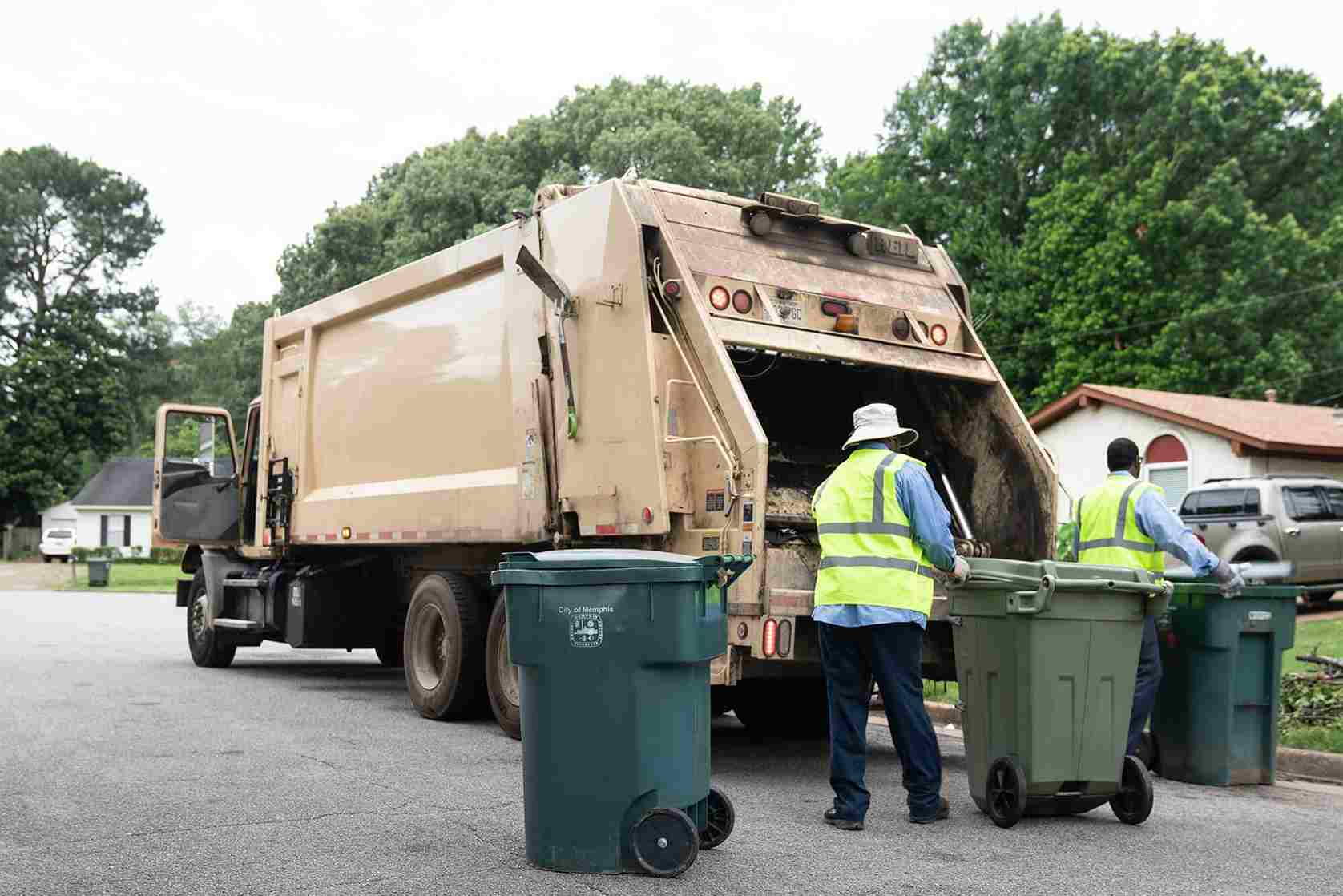As modern homes strive for energy efficiency and sustainable living: Modern homeowners are increasingly concerned about conserving energy and adopting sustainable practices in their living spaces. This includes the heating systems they choose for their homes, as heating is a significant contributor to energy consumption.
Finding effective heating solutions has become increasingly important: The focus is shifting towards finding heating solutions that are not only efficient but also environmentally friendly. This means looking for alternatives that minimize energy waste and reduce greenhouse gas emissions.
Advancements in technology and a growing concern for the environment: Technological advancements have paved the way for innovative heating solutions that are more efficient and sustainable than traditional methods.
At the same time, the growing concern for the environment has created a demand for heating systems that have a lower environmental impact.
Homeowners now have access to a range of innovative heating options: The market now offers a variety of heating solutions that cater to different preferences and needs.
This gives homeowners the opportunity to choose the most suitable option for their homes like designer radiators UK, taking into account factors such as energy efficiency, cost-effectiveness, and environmental impact.
Geothermal Heating Systems:
Geothermal heating systems utilize the Earth’s natural heat by extracting it from underground and transferring it to the home. This method provides a consistent and renewable energy source, as the Earth’s heat is virtually limitless.
By using underground pipes, geothermal systems can extract heat even during colder months. These systems are highly efficient and emit minimal greenhouse gases, making them environmentally friendly.
While installation costs may be higher initially, the long-term benefits, such as lower utility bills and reduced environmental impact, make geothermal heating an attractive choice.
Solar Heating:
Solar heating systems harness the energy from the sun to provide heat for homes. Solar panels capture sunlight and convert it into usable heat energy. This method is clean, renewable, and virtually unlimited, reducing reliance on fossil fuels.
While solar heating may not be suitable for extremely cold climates, advancements in technology have made it viable for many regions. Solar heating promotes sustainability by utilizing an abundant energy source and offers cost savings over time.
Air-Source Heat Pumps:
Air-source heat pumps are highly efficient heating solutions that extract heat from the outdoor air and transfer it indoors. These systems use electricity to operate, but they can provide three to four times more heat energy than the electricity they consume, making them an energy-efficient choice.
Additionally, air-source heat pumps can also provide cooling during the summer, offering a dual-functionality that further enhances their appeal. As they rely on renewable energy sources, air-source heat pumps contribute to reducing greenhouse gas emissions and can be an effective solution for many modern homes.
Radiant Floor Heating:
Radiant floor heating is an innovative solution that provides comfortable, even heating throughout a home. This system involves installing a network of pipes beneath the floor, through which warm water or electric currents circulate.
The heat radiates upwards, creating a cozy and consistent environment. Radiant floor heating offers several advantages, including energy efficiency, reduced air circulation, and the freedom to design rooms without bulky radiators or vents.
While the installation costs may be higher compared to traditional heating methods, the long-term benefits and added comfort make radiant floor heating a worthy investment.
Biomass Boilers
Biomass boilers utilize organic materials, such as wood pellets, agricultural waste, or even dedicated energy crops, as a sustainable fuel source for heating.
These boilers burn biomass to produce heat, making them an eco-friendly alternative to traditional fossil fuel-based systems. Biomass boilers can be integrated into existing central heating systems and are known for their efficiency, low carbon emissions, and cost-effectiveness.
By using renewable resources, homeowners can contribute to the circular economy while enjoying reliable and environmentally conscious heating.
Smart Thermostats and Zoning Systems
Integrating smart thermostats and zoning systems into modern homes offers precise control over heating and reduces energy wastage. Smart thermostats enable homeowners to manage heating remotely through mobile applications, optimizing energy consumption and reducing costs.
Zoning systems divide the home into different areas, each with its own temperature control, allowing occupants to heat only the spaces they are using.
These technologies enhance both comfort and energy efficiency, as homeowners can customize heating settings based on their needs while minimizing energy wastage in unoccupied areas.
Conclusion
As we strive for sustainable living and energy efficiency, embracing effective heating solutions for modern homes is essential.
The six options discussed in this article, including geothermal heating, solar heating, air-source heat pumps, radiant floor heating, biomass boilers, and smart thermostats with zoning systems, offer homeowners a range of choices that prioritize comfort, cost savings, and environmental consciousness.
By adopting these innovative solutions, we can create homes that are not only warm and inviting but also contribute to a greener future for generations to come.
Also, read this: Benefits of Installing Flow Meters in Industrial Processes










